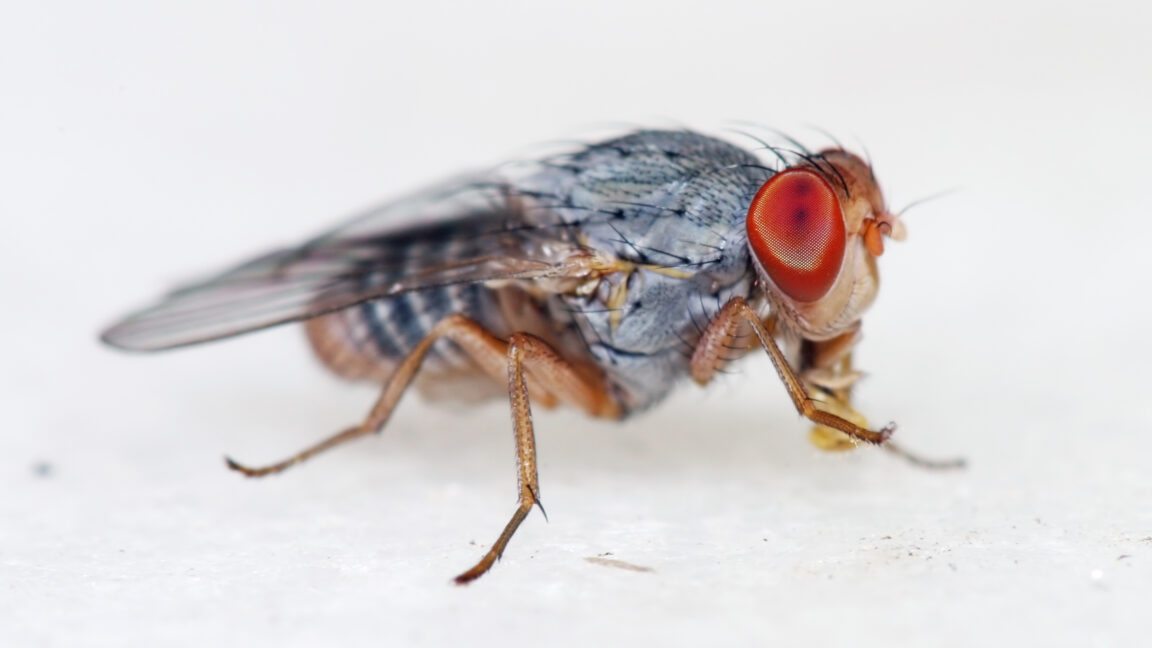
"The research demonstrates that while flies exhibit robotic-like behavior, they are not entirely instinct-driven, showing capacity for decision-making influenced by surrounding stimuli."
"Despite the flies' ability to perform tasks with some accuracy, the experiments yielded varying results, revealing that environmental factors can alter their responses."
"The researchersâ findings support the potential for using remote-controlled flies in practical applications, indicating they can carry lightweight sensors and electronics effectively."
"Interestingly, flies manifested exploratory behaviors suggesting some autonomy in decision-making, especially when navigating close to other flies, which impacted their task performance."
Researchers found that flies can be coordinated to perform various tasks, such as drawing patterns and moving balls without rewards, indicating a level of autonomous behavior. The study showed that while they can act similarly to robots in response to stimuli, they don't operate purely on instinct; factors like proximity to other flies influenced their behavior. Furthermore, the flies have potential applications in carrying lightweight sensors, demonstrating their usefulness beyond mere robotic-like activity.
Read at Ars Technica
Unable to calculate read time
Collection
[
|
...
]